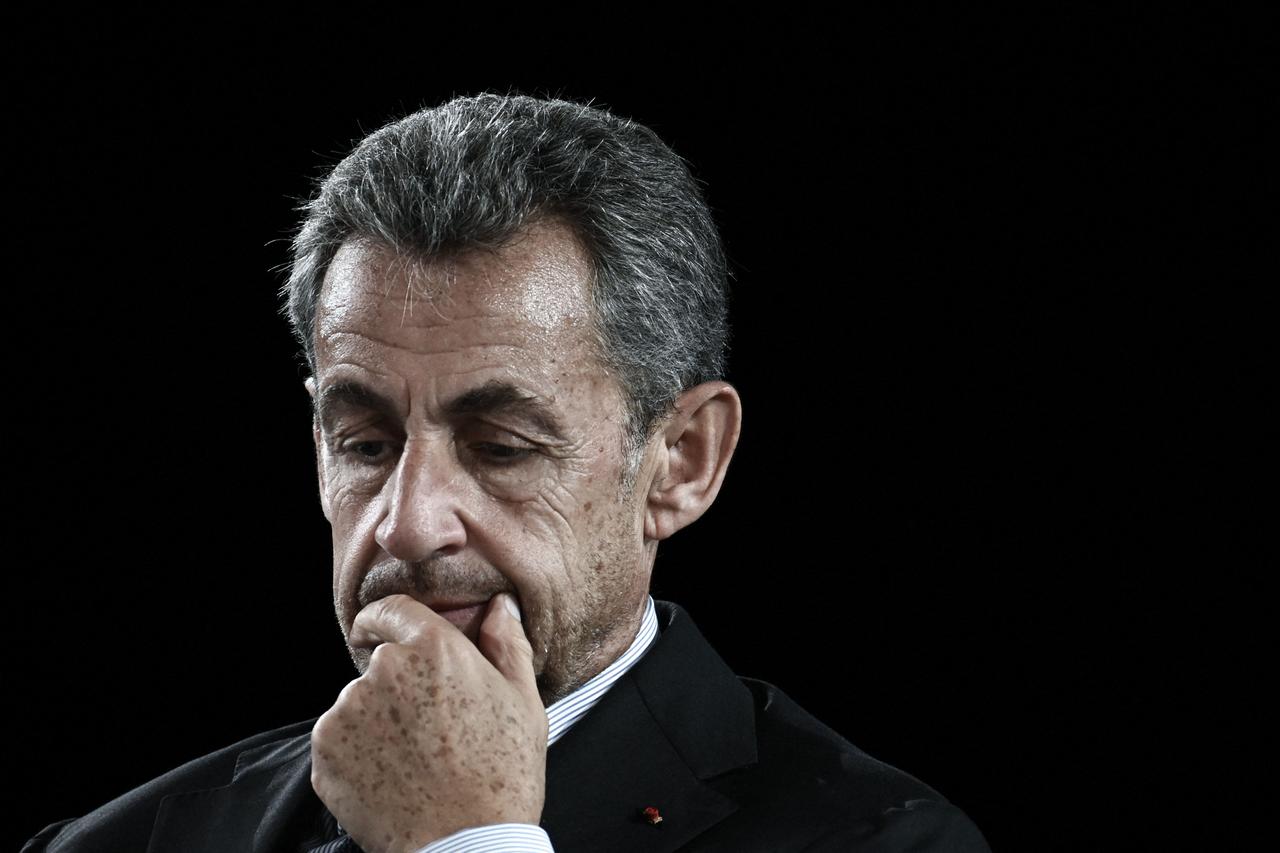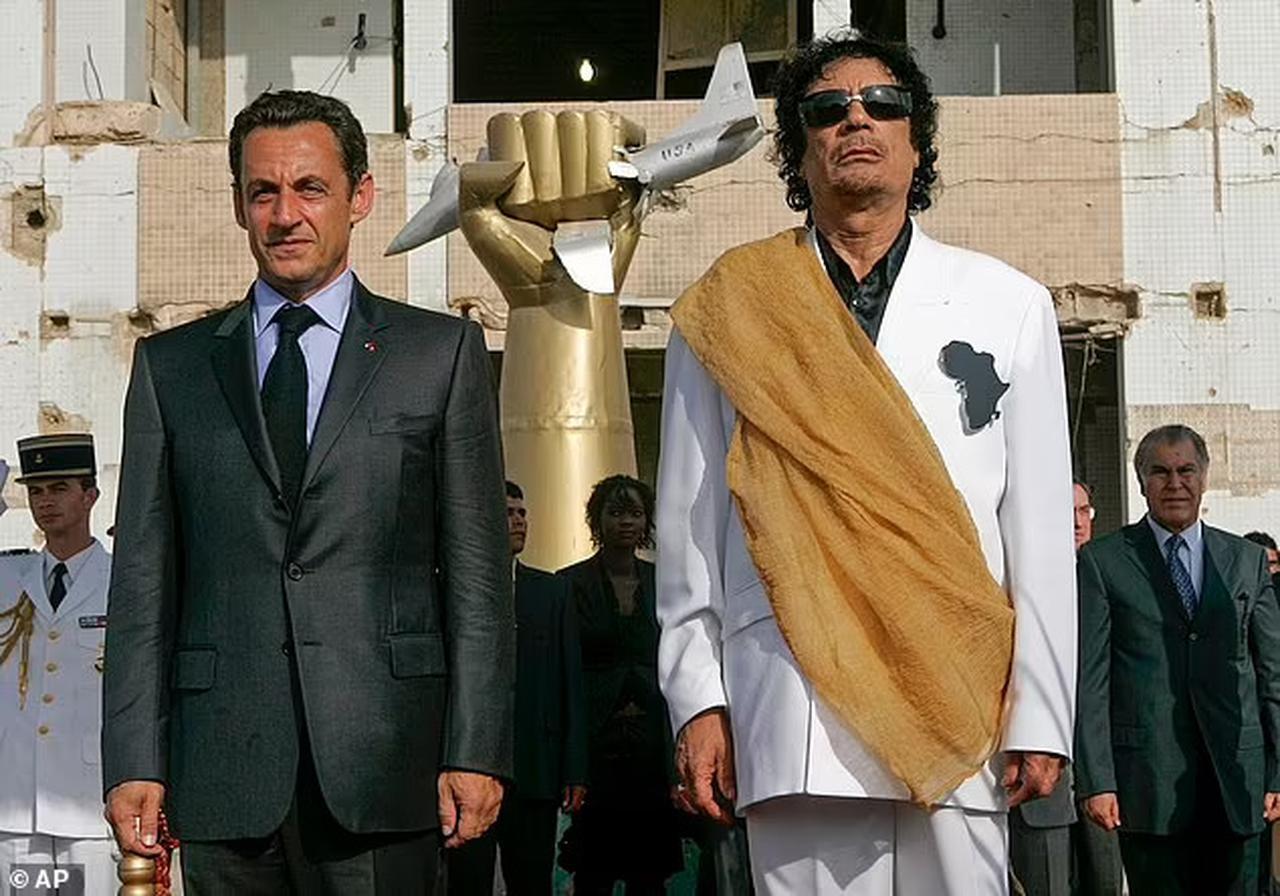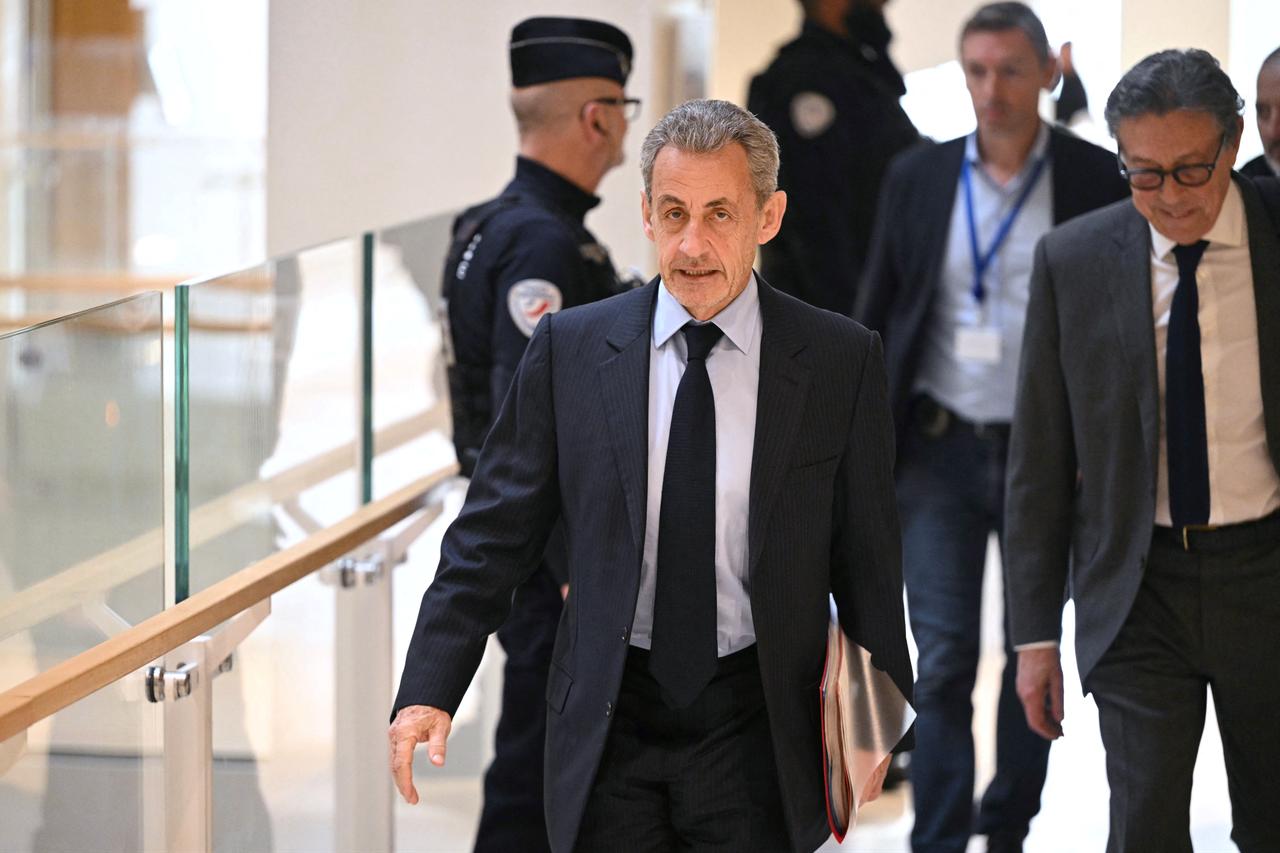
Former French president Nicolas Sarkozy will begin serving a five-year prison sentence on Oct. 21 at La Sante prison in Paris, informed sources said.
The 70-year-old will be the first French postwar leader—and the first former head of government from a European Union country—to go to jail.
He was convicted in late September of criminal conspiracy tied to alleged Libyan funding of his 2007 presidential bid.
Extra security measures are expected once he is booked into La Santé, a high-security facility in the capital. Officials may place him in a vulnerable-prisoner unit or hold him in solitary confinement to mitigate risk.
He is expected to have his own cell, an hour of daily exercise, and three visits per week.
Earlier on Monday, he arrived at the financial prosecutor’s office in Paris for a briefing on his custody arrangements and left about 45 minutes later without comment.

Prosecutors argued that Sarkozy and his aides, acting with his authority, struck a 2005 deal with Libyan leader Moamer Kadhafi to illicitly bankroll the 2007 campaign in exchange for help rehabilitating Tripoli’s international image.
The presiding judge described the offenses as of “exceptional gravity” and ordered incarceration.
The court found him guilty of criminal conspiracy but did not conclude that he personally benefited from illegal campaign financing. He was acquitted of separate counts of embezzling Libyan public funds, passive corruption, and illicit campaign financing.
Sarkozy has denied wrongdoing and immediately appealed the September conviction. Under French procedure, the Paris appeals court has up to 18 months to schedule a new trial, but the sentence is enforceable in the meantime.
Once in custody, his lawyers can petition for release pending appeal; he will remain in prison unless the court decides otherwise.
For international readers: an “appeals court” in France reviews both facts and law and can order a full retrial.

France’s top court last year upheld his separate graft conviction and a one-year sentence for attempting in 2014 to obtain confidential information from a judge; he served three months of that term under an electronic tag—an ankle monitor used for home confinement—earlier this year before conditional release.
In another case, he received a one-year sentence for illegal financing of his 2012 campaign, with six months to be served and six months suspended; a final appeal is pending with a ruling expected late next month.
Following the graft conviction, he lost the Legion of Honor, France’s highest distinction.
Despite his legal troubles, Sarkozy continues to wield influence on the French right and has been known to meet regularly with French President Emmanuel Macron.
At a recent private gathering in Paris, he reportedly told guests he would not seek special treatment and added, “If there is a cross to carry, one must carry it to the end.”
After the court ruling, he also said, “If they insist that I must serve time, I will, but my head will be held high.”